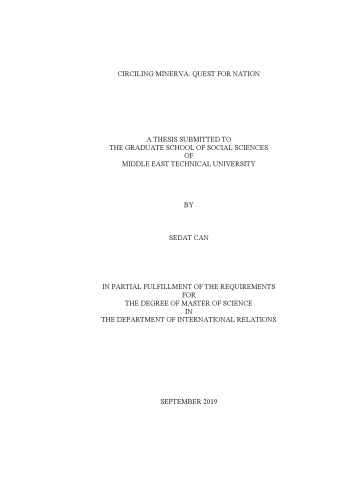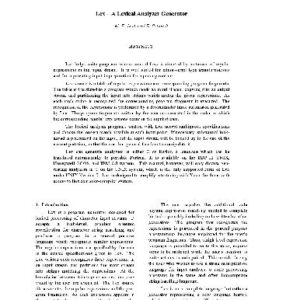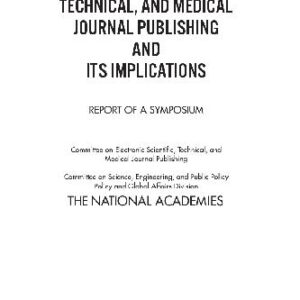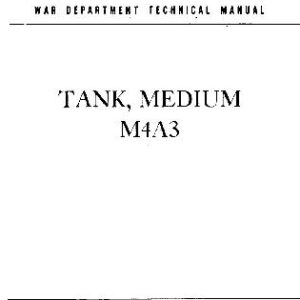This thesis tries to answer the question of how and why the concept of nation has become so powerful in politics and everyday life. The theoretical and conceptual problematization conducted to this end focuses on two important strands in the literature on nation and nationalism: Durkheimian ethno-symbolism and Weberian historical sociology. For, they are these two theoretical strands that help define two main arguably constitutive aspects of the concept of nation, namely culture and state respectively. Concluding that these two perspectives fail to give persuasive accounts of ?nation? by naturalizing it as well as exaggerating its power, the thesis will argue that these theories? common attempt to find an anchor for nation to explain its power fails. Yet the thesis also proposes that lack of an anchor is what makes the concept of nation powerful. Hence, nation can reconstruct itself as an empty signifier to be persistently redefined within changing historical conditions and through different ideologies, including nationalism.






Reviews
There are no reviews yet.